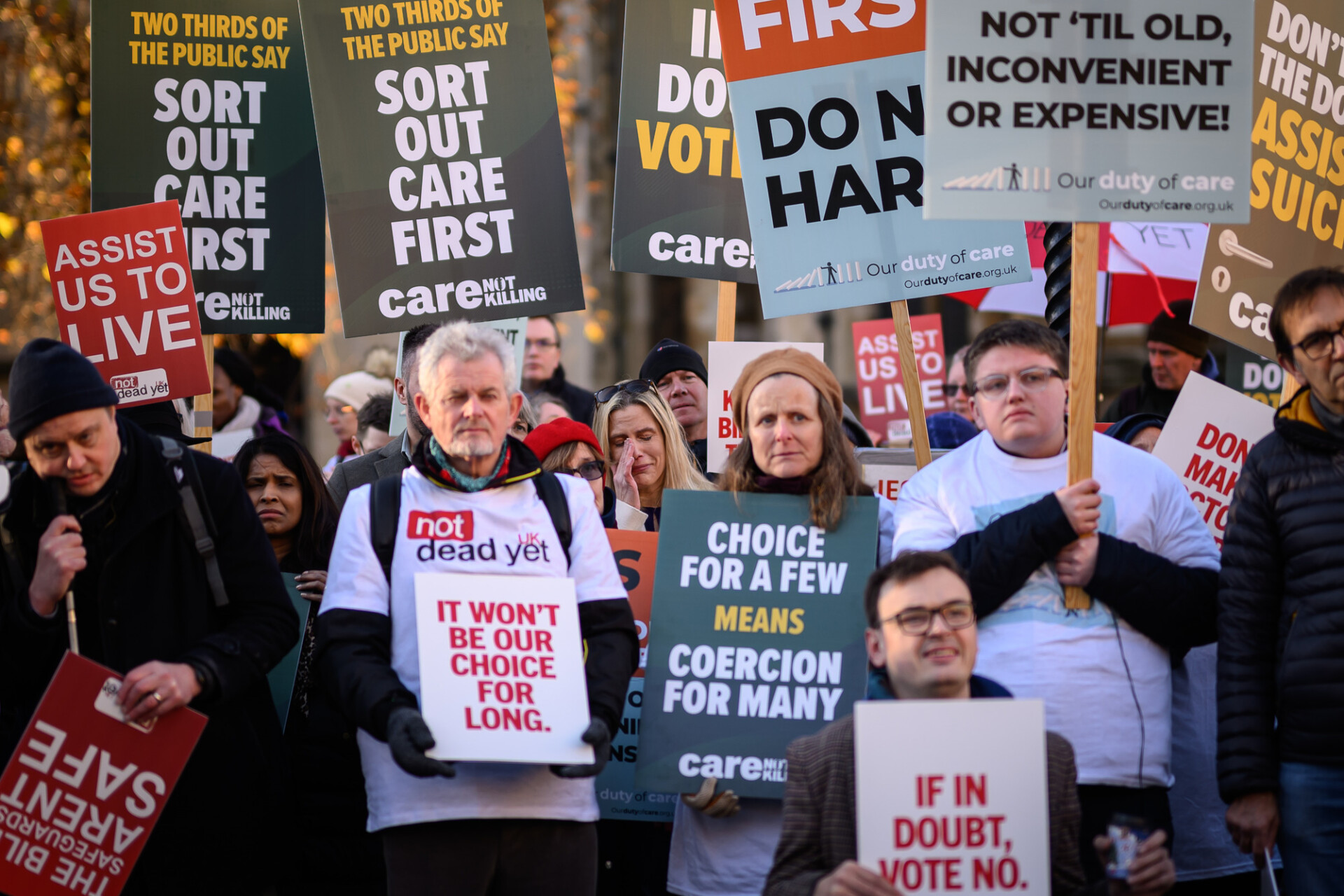Doctor-assisted suicide may not be available in England until at least 2029 if it is made legal, after a significant amendment to the UK’s assisted dying bill.
Kim Leadbeater’s Terminally Ill Adults (End of Life) Bill had specified that assisted deaths should take place within two years of a law being ratified. However, substantive changes to the bill at the committee stage — a new, panel-based system for oversight of assisted suicide cases, and a requirement for an Assisted Dying Commission to be established — caused doubt that the law could operate within this time frame. A four-year implementation plan is therefore now expected, following an amendment tabled by Leadbeater herself.
This news has not gone down well among supporters of the legislation, who want access to assisted dying in the UK sooner rather than later. Proponents are also aware that the new timeline means that any implementation of the law will coincide with the next general election. As such, the highly contentious issue of assisted suicide may still be in the headlines as Britons prepare to go to the polls. Many Labour politicians will feel nervous about this, with good reason.
Requiring the NHS to park its core ambition in order to facilitate people’s assisted suicides has been described as betraying the legacy of Aneurin Bevan, hence why one MP yesterday warned of a move to the “National Health and Assisted Suicide Service”. The delay means that such criticisms will continue in years to come, with greater emphasis in the lead-up to 2029. Labour MPs may be fielding questions about controversial, Government-instituted assisted suicide infrastructure as they seek re-election. It’s unlikely any parliamentarian would relish the opportunity to do that.
Last year, Keir Starmer gave his tacit support to Leadbeater, as did other members of the Cabinet. At a political level, it may have been felt that a debate on assisted suicide in the first year of a new parliament and a new law coming into operation quickly was expedient. The previous two-year time frame may have allowed for this, but the new proposal changes things. Critics will be wondering what this means for Number 10’s position on the issue.
Leadbeater’s bill has already faced criticism over improper scrutiny at the committee stage. More than 500 amendments were lodged to change the bill — a stat that does not suggest well-drafted legislation. Analysis shows that just 18% of amendments accepted were from critics of the bill, compared to 82% of accepted amendments from MPs in favor. Committee proceedings were extended far beyond normal sitting hours in what is seen by some as a rush to force through changes. It was perhaps no surprise that, as committee scrutiny concluded, a group of Labour MPs issued a letter urging colleagues to vote down Leadbeater’s bill, which they described as “flawed and dangerous”.
In the coming weeks, MPs will have to decide their final position on the bill, grappling with the views of constituents and colleagues alike. If they choose to back it at third reading, the issue of assisted suicide will be kept alive politically until the end of the current parliament. Arguably, this development benefits opponents of a change in the law, and it puts the Government in a difficult bind. The mood of Parliament on the bill has shifted significantly in recent weeks, and it can shift again. Time will tell whether this has become too toxic a piece of legislation for Westminster as a whole.











Join the discussion
Join like minded readers that support our journalism by becoming a paid subscriber
To join the discussion in the comments, become a paid subscriber.
Join like minded readers that support our journalism, read unlimited articles and enjoy other subscriber-only benefits.
Subscribe